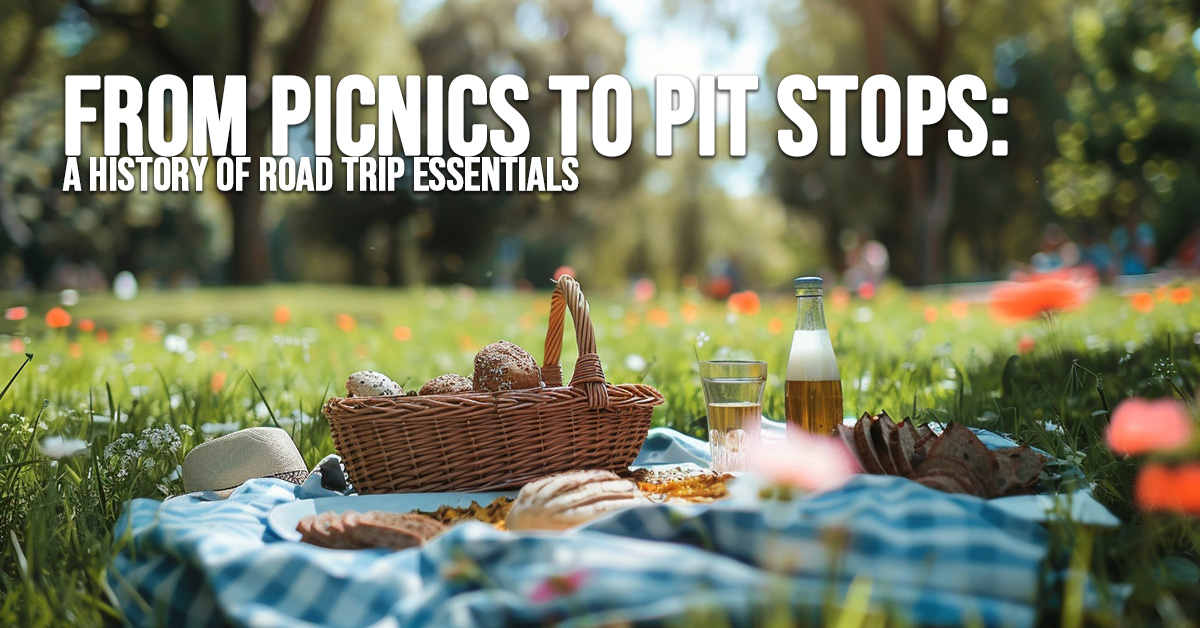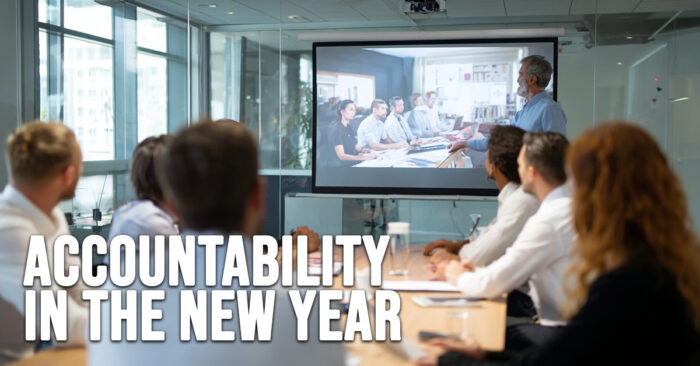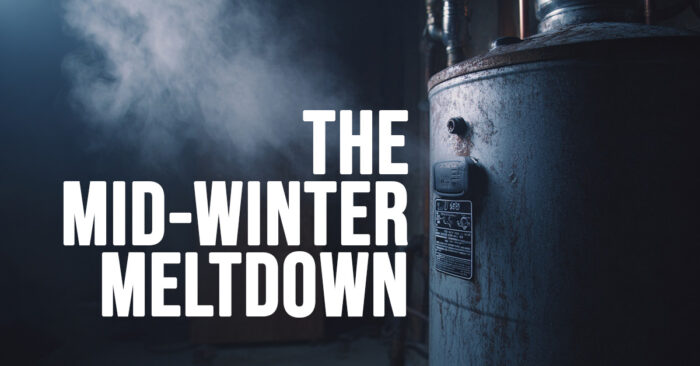From Picnics to Pit Stops: A History of Road Trip Essentials

From Picnics to Pit Stops: A History of Road Trip Essentials
Ah, the road trip. A quintessential American adventure, filled with open highways, singalongs, and questionable gas station snacks. But what about the essentials you pack for this journey? Believe it or not, what people bring on a road trip has changed dramatically over the past century. Let’s gas up the nostalgia tank and take a cruise through the history of road trip essentials!
Pre-1920s: Pioneering the Open Road
The early days of road trips were reserved for the adventurous few. Cars were unreliable, roads were often unpaved, and gas stations were scarce. Packing for a road trip in this era was all about practicality. A sturdy toolkit, a spare tire (or two!), and a map (with frequent consultations required!) were essential. Food likely consisted of home-packed sandwiches and whatever provisions travelers could find along the way.
1920s-1940s: The Golden Age of the Road Trip
The 1920s and 1930s saw a surge in road trip popularity. The development of the national highway system and more reliable cars made exploring the country by car a more accessible dream. This era saw the rise of the iconic “motor court” (the forerunner of the modern motel), offering weary travelers a place to rest their heads (and fill their iceboxes!). Packing lists likely included a wicker picnic basket overflowing with delicious homemade treats, a thermos for keeping beverages hot or cold, and a collection of road maps for navigating the ever-expanding network of highways.
1950s-1970s: Cruisin’ with the Family
The post-war economic boom of the 1950s made road trips a staple of family vacations. Spacious station wagons became the vehicle of choice, packed to the brim with luggage, kids, and maybe even the family dog. Essential items included a portable record player to blast the latest tunes, a cooler stocked with drinks and snacks, and a collection of travel games to keep the backseat occupants entertained for hours on end. Road trip meals often consisted of picnics at scenic overlooks or pit stops at roadside diners known for their greasy spoon fare and friendly service.
1980s-2000s: The Tech Revolution Hits the Road
The technological advancements of the 1980s and 1990s transformed the road trip experience. The rise of cassette tapes (and later, CDs) ensured a never-ending supply of road trip anthems. Portable video games kept younger passengers occupied, while the growing popularity of fast food chains meant there was always a familiar bite to be found, no matter where your travels took you. The invention of the cellular phone also brought a sense of security and connection, allowing travelers to stay in touch with loved ones back home.
2010s-Present: The Modern Road Trip
The 21st century has seen the rise of the digitally connected road trip. GPS navigation systems have replaced the need for cumbersome maps (although some travelers might argue they miss the thrill of the occasional wrong turn!). Smartphones are the ultimate road trip companions, offering endless entertainment options, access to maps and reviews, and even the ability to document your journey in real-time. Coolers are still essential, but the focus has shifted towards healthier snacks and drinks. And while fast food is still a tempting option, many travelers are opting to pack healthier snacks and drinks, or even plan their route around restaurants known for their farm-to-table fare.
The Future of Road Trip Essentials
As technology continues to evolve, so too will the essentials we pack for our road trips. Perhaps self-driving cars will eliminate the need for maps altogether! But one thing is certain: the road trip will continue to be a cherished American tradition, a chance to explore new places, create lasting memories, and bond with loved ones over shared experiences. So, pack your bags (and whatever essentials suit your fancy!), hit the road, and get ready to make some unforgettable memories!
Do you have questions about your insurance? Find an insurance agent near you with our Agent Finder
Search All Blogs
Search All Blogs
Read More Blogs
Final Tax Data Security: Protecting Against Employee W-2 Identity Theft
W-2s are out. A final, urgent guide to securing employee data against tax fraud and using Cyber Insurance for breach response and identity theft coverage.
T-Minus 30 Days: The Late January Review of Beneficiaries and Tax Implications
Tax forms are here. Review your life insurance beneficiaries one last time, and understand the tax status of policy payouts vs. accrued interest.
Extreme Cold Alert: Protecting Your Vehicle from Late January Freeze Damage
Frozen engine block? Late January extreme cold risks and how your Comprehensive Auto Insurance handles non-collision, cold-related vehicle damage.
The Final Frost: Securing Your Home from Ice and Tree Damage
Extreme cold risk is highest now. A guide to Home Insurance for tree fall damage, ice structure risks, and securing your claim against catastrophic late-January weather.
Slow Cooker Immunity: Nourishing Your Body with Winter Comfort Foods
Fight the mid-winter slump! Easy slow-cooker recipes packed with immune-boosting spices and ingredients to keep your family healthy in late January.
Accountability in the New Year: Auditing Employee Risk for Workers’ Comp and Liability
Get back to basics! Mid-January is the time for mandatory safety refreshers and HR audits to manage Workers’ Comp and General Liability risk in 2026.
The Mid-January Check-Up: Why Scheduling Your Life Insurance Exam Now Locks in the Best Rate
Don’t delay the exam! Schedule your Life Insurance paramedical exam in mid-January to lock in your best rate and complete your application process quickly.
Used Car, New Coverage: Insuring Your Post-Holiday Vehicle Purchase in January
Just bought a used car? Don’t forget to update the VIN, transfer your coverage, and check if you need higher Medical Payments limits.
The Mid-Winter Meltdown: Protecting Your Home from Aging Furnace and Water Heater Failure
Mid-January system failure is costly. Learn why standard home insurance doesn’t cover your broken furnace and why you need an Equipment Breakdown endorsement now.
The Great Indoor Escape: Launching Your Mid-January Reading Challenge
Swap the screen for a spine! How to launch a simple, rewarding mid-January reading challenge to improve focus and beat the winter blues.









